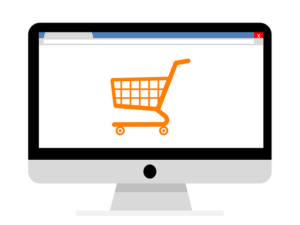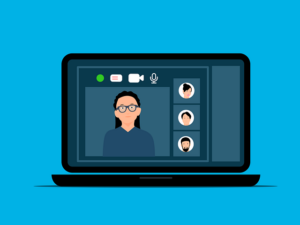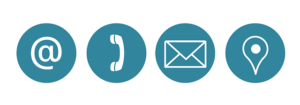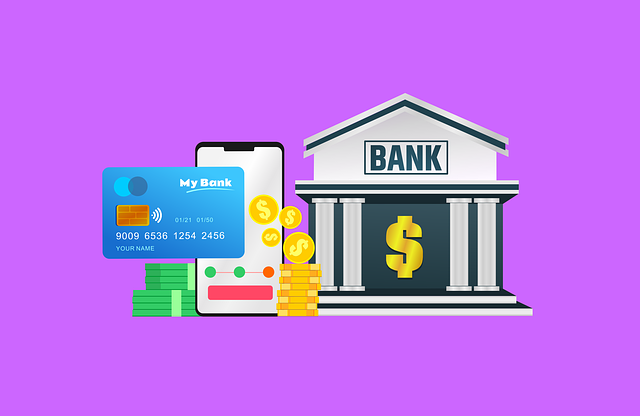
Private Internet Access (PIA) is a critical tool for medical professionals globally, offering robust cybersecurity measures to protect patient privacy in the digital healthcare space. Essential for compliance with regulations like HIPAA and GDPR, PIA ensures secure handling and transmission of sensitive health data across borders, maintaining trust through private and encrypted connections. Beyond its regulatory benefits, PIA provides access to medical literature without compromising patient information confidentiality. Its adoption is a cornerstone of modern medical practice, enhancing the security and privacy necessary for delivering high-quality patient care. In the digital era, where cyber threats are prevalent, PIA serves as a protective barrier, encrypting data and obscuring online activities from eavesdroppers. Medical professionals must adopt secure online practices, including using PIA, which routes internet traffic through secure tunnels, supports advanced privacy tools, and complements with features like kill switches and ad-blocking to prevent data leaks and shield against potential vulnerabilities. PIA's global server network ensures unimpeded access to critical medical information while upholding a private connection, supporting two-factor authentication and compatible with browsers like Tor for an additional security layer. Case studies demonstrate PIA's effectiveness in protecting against unauthorized access and data breaches, reinforcing the trust in healthcare institutions that utilize this comprehensive cybersecurity solution.
In an era where data breaches and cyber espionage are rampant, medical professionals worldwide must safeguard sensitive patient information with utmost discretion. This article delves into the critical importance of stealthy web surfing for corporate executives in the healthcare sector. It emphasizes the role of Private Internet Access (PIA) as a pivotal tool in maintaining confidentiality and security. We explore essential practices for anonymous browsing, recommend tools and technologies tailored for medical professionals, and examine real-world case studies highlighting the successful protection of medical data on a global scale. Navigating the web with vigilance, these executives can fortify their digital footprints against prying eyes, ensuring patient confidentiality remains inviolate in an increasingly interconnected world.
- Ensuring Discretion: The Necessity of Private Internet Access in the Medical Sphere
- Best Practices for Anonymous Web Navigation: Tips for Staying Incognito
- Tools and Technologies for Secure Online Browsing: A Guide for Medical Professionals
- Case Studies: How Stealthy Web Surfing Has Protected Medical Data Globally
Ensuring Discretion: The Necessity of Private Internet Access in the Medical Sphere

In today’s interconnected world, medical professionals worldwide must navigate a digital landscape fraught with potential privacy breaches. The sensitivity of patient data necessitates a robust approach to cybersecurity, where Private Internet Access (PIA) becomes not just a luxury but an imperative tool for maintaining discretion. PIA serves as a shield against prying eyes, safeguarding sensitive health information from unauthorized access. As healthcare providers often deal with confidential patient records, the use of secure and encrypted connections is paramount to uphold patient confidentiality and comply with regulations like HIPAA in the United States or GDPR in Europe. PIA’s global reach ensures that medical professionals across various countries can securely research, communicate, and access medical databases without exposing sensitive data to potential cyber threats. The adoption of Private Internet Access for Medical Professionals Worldwide is a critical step in protecting the integrity and confidentiality of patient care information, allowing healthcare providers to operate with the discretion necessary in this highly specialized field.
The necessity of private internet access within the medical sphere extends beyond the protection of sensitive data; it is also about maintaining the trust between patients and their caregivers. In an era where cyber threats are increasingly sophisticated, ensuring that all web surfing activities related to patient care remain discreet is essential. Medical professionals must have access to a wide array of medical literature, research databases, and international health resources to provide top-tier patient care. PIA facilitates this access while maintaining a cloak of anonymity, enabling healthcare workers to perform due diligence without compromising their patients’ privacy. As such, the integration of Private Internet Access for Medical Professionals Worldwide is a cornerstone in modern medical practice, providing a secure and private digital environment where patient care can flourish without the shadow of data breaches looming over it.
Best Practices for Anonymous Web Navigation: Tips for Staying Incognito

Corporate executives often require a level of privacy and security that goes beyond standard web browsing experiences. In an age where digital footprints can be tracked and exploited, maintaining anonymity while navigating the web is crucial for safeguarding sensitive information and personal privacy. One of the most effective tools available for private internet access, particularly for medical professionals worldwide who handle confidential data daily, is a reputable virtual private network (VPN) service. This VPN acts as a shield, encrypting data between your device and the internet, thus preventing eavesdroppers from intercepting your online activities.
To enhance your stealthy web surfing practices, it’s advisable to employ a combination of strategies and tools. Firstly, always ensure that your VPN is activated before accessing the web, as this creates a secure tunnel for your internet traffic. Secondly, be wary of the websites you visit, especially when they handle sensitive health information. Use privacy-focused search engines and consider utilizing browser extensions designed to block trackers and enhance anonymity. Additionally, regularly clearing cookies and cache after browsing sessions can prevent the retention of potentially sensitive data within your device. Regularly updating software and operating systems is also imperative to protect against vulnerabilities that could be exploited by cyber threats. By adhering to these best practices, corporate executives, particularly those in the medical field, can significantly reduce their digital footprint and navigate the web with greater confidence and security.
Tools and Technologies for Secure Online Browsing: A Guide for Medical Professionals
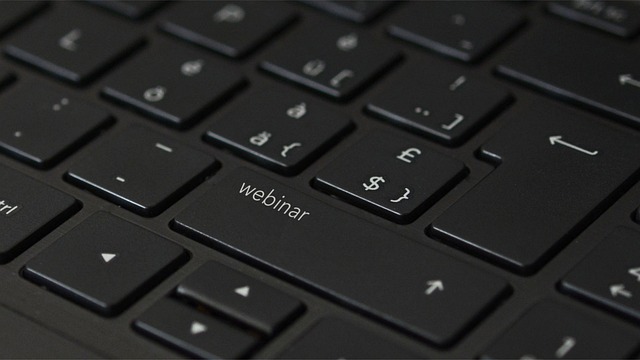
In an era where cyber threats are as prevalent as ever, medical professionals worldwide must safeguard sensitive patient data with utmost diligence. Secure online browsing is not just a recommendation but a necessity to protect against data breaches and unauthorized access. Private Internet Access (PIA) stands out as a robust solution for these experts, offering a suite of privacy tools designed to encrypt browsing activities and maintain anonymity online. PIA’s VPN service ensures that all internet traffic is routed through secure, encrypted tunnels, effectively shielding data from prying eyes. Additionally, its extensive network of servers across the globe allows medical professionals to access necessary information without geographic limitations while maintaining a private connection. Features like kill switches and ad-blocking further enhance security by preventing data leakage and safeguarding against intrusive advertisements that could lead to phishing attacks or malware infections. By leveraging PIA, healthcare workers can confidently navigate the web, knowing their online activities are protected with industry-standard encryption protocols such as OpenVPN and IKEv2/IPSec.
For medical professionals who handle critical data daily, the integration of advanced security measures like two-factor authentication (2FA) adds another layer of protection. PIA supports 2FA, which, when combined with a strong password, significantly reduces the risk of unauthorized access. Moreover, integrating PIA with secure browsers such as Tor can provide an additional defense against surveillance and cyber threats. It’s crucial for medical professionals to stay informed about the latest tools and technologies in secure online browsing to ensure that they are not only compliant with healthcare regulations like HIPAA but are also proactively defending patient confidentiality. By adopting PIA, these professionals can navigate the complex digital landscape with confidence, knowing their sensitive data is safeguarded against potential cyber threats.
Case Studies: How Stealthy Web Surfing Has Protected Medical Data Globally
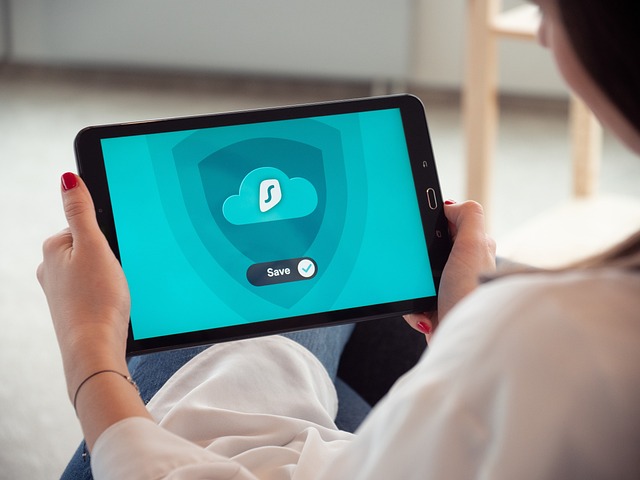
In an era where cyber threats loom large, medical professionals worldwide must safeguard sensitive patient data with unparalleled vigilance. The global landscape of healthcare IT is fraught with risks; from malicious insiders to external hackers, the data is constantly under threat. However, the adoption of Private Internet Access (PIA) has proven instrumental in mitigating these risks. Case studies across various regions have demonstrated PIA’s effectiveness in maintaining stealthy web surfing practices that protect against unauthorized access and data breaches.
For instance, a major healthcare provider in Southeast Asia implemented PIA to secure its remote access points. This move thwarted a series of sophisticated phishing attempts targeting their staff, thereby preserving the confidentiality of patient records. Similarly, in a European hospital network, PIA’s encrypted VPN tunnels provided a cloak of anonymity for medical professionals accessing patient information from diverse locations. This not only complied with stringent data protection laws but also ensured that sensitive medical data remained impenetrable to prying eyes, reinforcing the trust patients place in healthcare institutions globally.
In conclusion, the imperative for private internet access among medical professionals worldwide cannot be overstated. Ensuring discretion in online activities is paramount, especially given the sensitive nature of medical data and the increasing cyber threats targeting this sector. By adhering to best practices for anonymous web navigation, medical experts can safeguard both their professional integrity and patient confidentiality. The tools and technologies outlined in this article serve as a critical guide for maintaining secure online browsing, with real-world case studies illustrating the tangible benefits of stealthy web surfing in protecting valuable medical data on a global scale. It is clear that investing in robust privacy solutions like Private Internet Access for Medical Professionals Worldwide is not just prudent but essential in today’s interconnected world.
